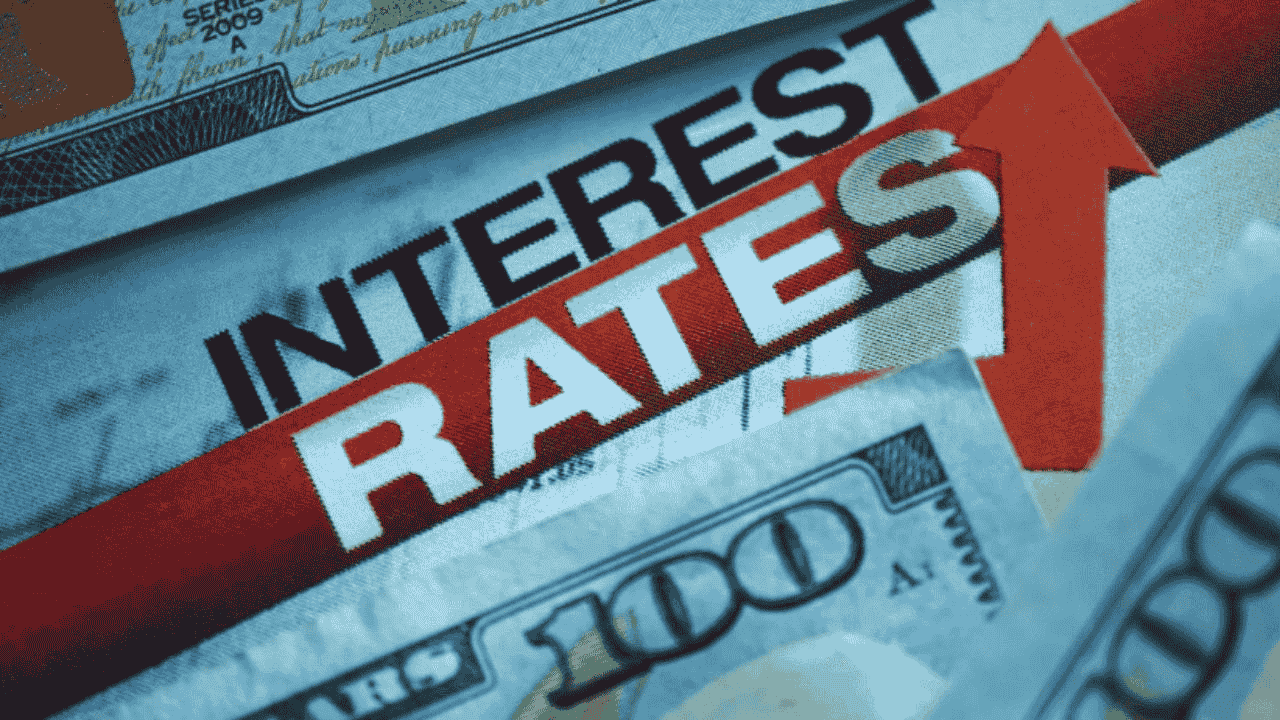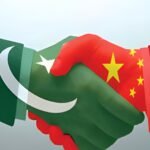By Muhammad Saleem
LAHORE— Pakistani taxpayers are facing one of the heaviest financial burdens in the region, as the State Bank of Pakistan (SBP) continues to keep interest rates at 11 percent, ignoring repeated calls from businesses for relief.
Haji Salamat Ali, former central chairman of the Pakistan Hosiery Manufacturers and Exporters Association (PHMEA), told Wealth Pakistan that ordinary citizens are paying the price for the government’s monetary and fiscal policies.
“While the authorities may think high interest rates help with short-term debt management, the long-term costs are severe,” Ali said. “It’s the taxpayers who are suffering. Smarter borrowing and practical tax reforms could ease the burden. Without that, people will keep paying an unfair share.”
How High Borrowing Costs Are Hurting Pakistani Exporters
Ali explained that high borrowing costs are hurting Pakistani exporters. “Entrepreneurs are competing with international rivals who enjoy much lower rates. But these warnings have been ignored, and interest rates haven’t dropped since May 2025,” he added.
He warned that without fair lending conditions, Pakistan cannot boost exports or create large-scale jobs. “The government must act soon if it wants to break the ongoing economic slowdown,” he stressed.
Single-Digit Interest Rates Could Revive the Economy
According to Ali, Pakistan needs interest rates around 6 to 7 percent to encourage economic growth. Keeping them at 11 percent, he said, “is adding fuel to the fire.”
A lower, single-digit rate would help exporters access cheap capital, lower production costs, and cut the government’s debt payments by nearly Rs3,500 billion. It would also boost purchasing power, industrial output, and create thousands of jobs.
Ali criticized the government for sending mixed signals. “On one hand, they want to attract investment. On the other, their own policies are working against it. This will discourage both local and foreign investors,” he said.
He also pointed out that inflation has fallen to 3–4 percent, yet borrowing costs remain extremely high. Businesses are already struggling with rising electricity, gas, and other production costs, he added.
Urgent Need to Support Exporters and Job Creation
Ali urged the government to act if it wants to strengthen the economy. “High borrowing costs are raising production expenses, discouraging exports, and increasing unemployment. Pakistan has a chance to expand exports to the U.S., where tariff barriers for other countries are higher. But exporters need affordable energy, lower interest rates, and timely tax refunds to seize this opportunity.”
Khalid Usman, Senior Vice President of the Lahore Chamber of Commerce and Industry (LCCI), also criticized the SBP’s high rates. “If inflation is truly 5–6 percent, why are interest rates still 11 percent? This sends the wrong message about economic progress,” he said.
The National Importance of Lowering Interest Rates
Usman warned that high interest rates are discouraging investment, slowing businesses, and putting more pressure on citizens. “Businesses are struggling, profits are shrinking, and poor governance is making things worse,” he added.
He noted that while political debates on new provinces continue, the country doesn’t even have enough resources for existing provinces. “Delegating powers won’t help without resources. The business community needs a supportive environment. At these interest rates, doing business is nearly impossible,” he said.
Usman urged the government to lower interest rates immediately so investment can grow and new jobs can be created. “Reducing rates is not just a business demand—it’s essential for the nation,” he concluded.
Author Profile






